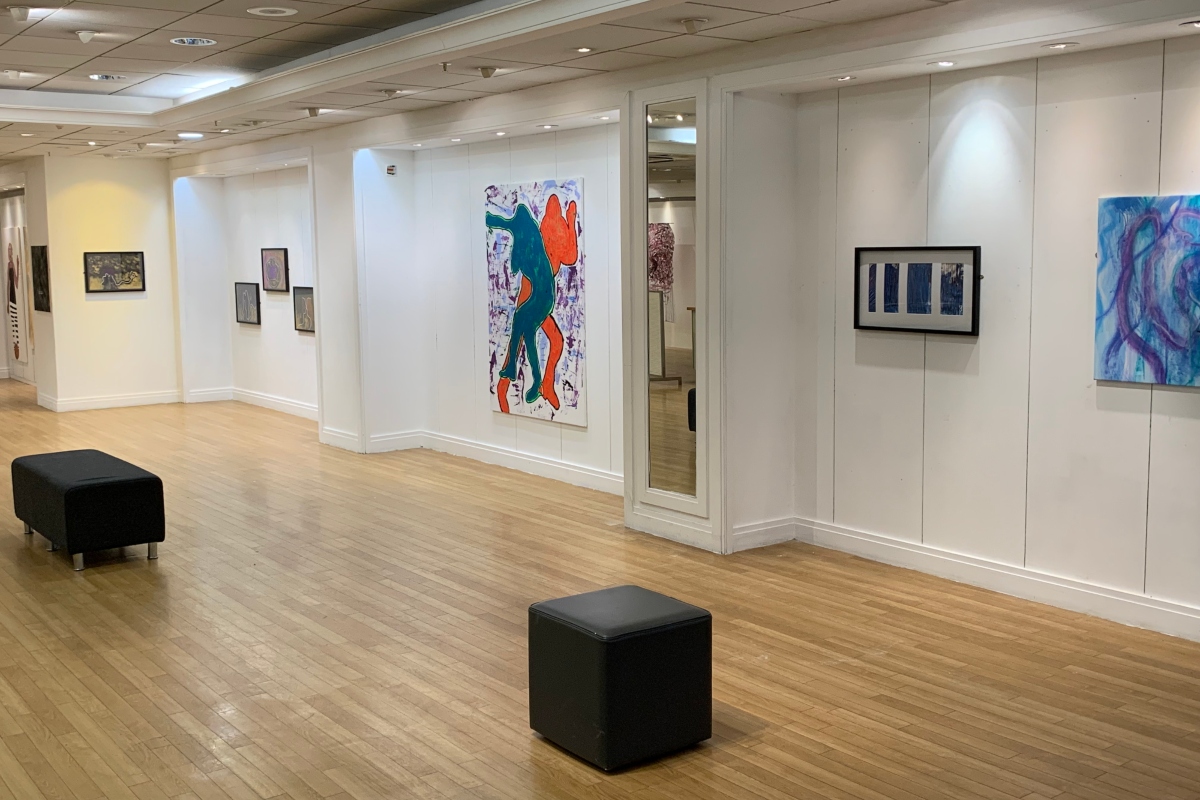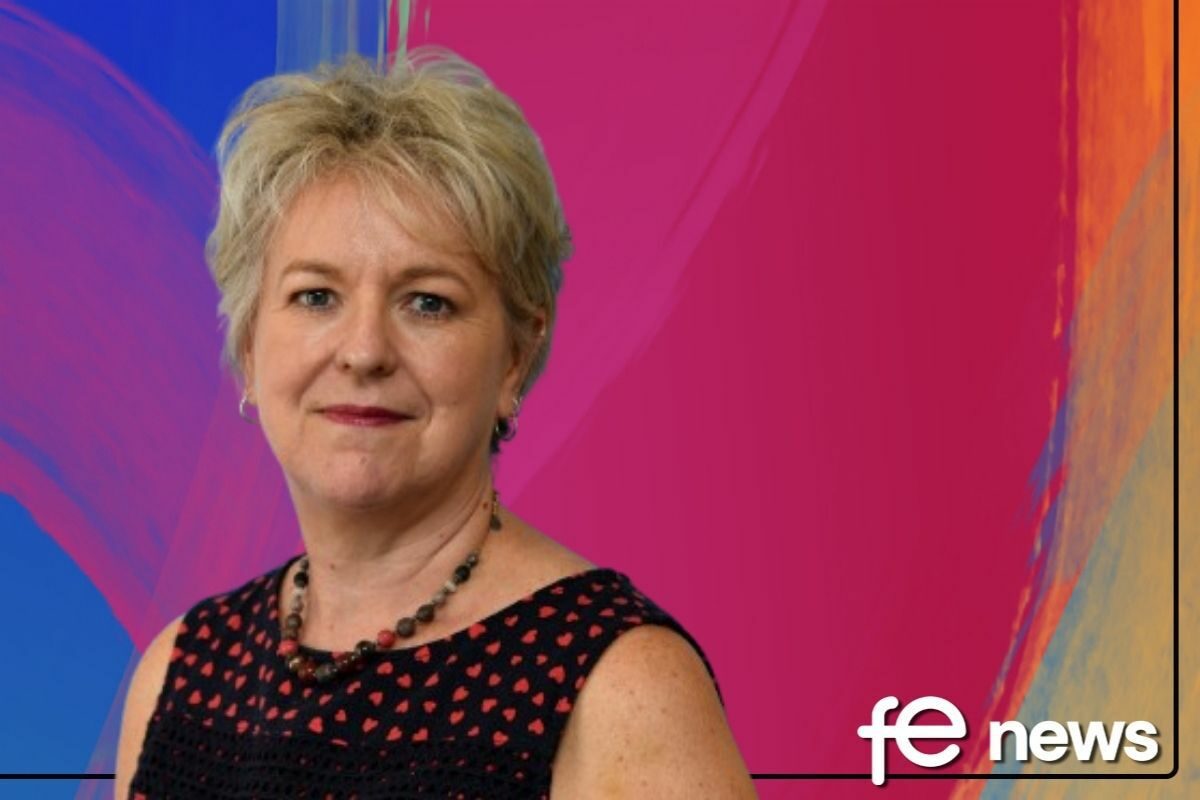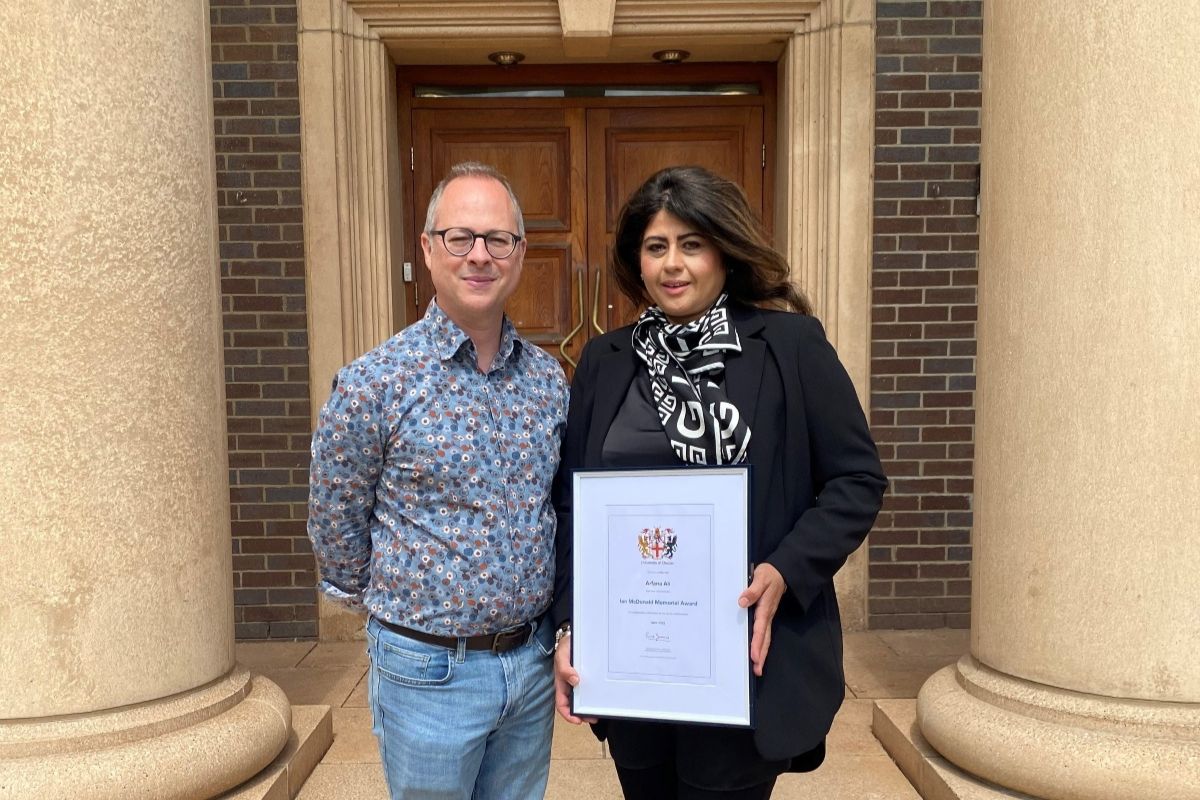UK Intelligence Community Postdoctoral Research Fellows 2020

- Six engineering researchers awarded grants to advance national security
New technologies to detect clandestine border crossings, safely identify toxic nerve agents, and develop safer high-energy-density battery packs are among those being developed by engineering researchers through this year’s UK Intelligence Community (IC) Postdoctoral Research Fellowships.
Focusing on areas of unclassified basic research, the fellowships support cutting edge developments in topics that can assist the intelligence community while providing mentoring to a new generation of engineers.
The UKIC Postdoctoral Research Fellowships, which are offered by the Government Office for Science and administered by the Royal Academy of Engineering, provide a vital link between academia and the intelligence community. Each awardee receives funding for at least two years of their project and mentorship from a Fellow of the Academy as well as an advisor from the intelligence community.
Professor Anthony Finkelstein CBE FREng, Chief Scientific Adviser for National Security to HM government and a Fellow of the Academy, said: “We were delighted by the number and quality of the applicants for the UK IC Postdoctoral Research Fellowships 2020. The six fellows who were selected cover a range of topics which are of interest to the government national security community, from explainable artificial intelligence to gravity portals and nerve agent detection. Excellent pieces of research come out of this programme that support the work of government departments, and the relationships that are built between government and university research groups form the foundation of future research focused on problems that the national security community faces. We welcome the 2020 cohort to the programme.”
The new postdoctoral researchers are:
Dr Ross Drummond, University of Oxford
High-energy-density battery pack design without compromising on safety
As the electrical energy revolution drives forward, Lithium ion battery packs are becoming more energy dense and there is a growing awareness of the risk of fires spreading through the pack. This research will explore the design of high-energy-density packs that do not compromise on safety.
Dr Saied El Faitori, Durham University
Joint building entry loss and clutter loss wideband measurements in modern buildings
5G radio systems use millimetre wave frequency bands to achieve high data rates. These bands have different transmission properties owing to the additional transmission loss from entering a building and the presence of obstacles between the transmitter and receiver (clutter loss). Dr El Faitori aims to develop a way to measure these losses using a system developed at Durham University.
Dr James Gooch, King’s College London
Optical biosensors for the remote detection of nerve agents
Nerve agents are a highly toxic group of compounds that can cause severe respiratory depression, coma and death by disrupting the normal nervous function. Dr Gooch’s research involves the development of a fluorescent biosensor that can detect different classes of nerve agents from a safe distance.
Dr Despoina Kampouridou, University of Birmingham
Active radio frequency and microwave metamaterials for future wireless systems
Ultra-broadband and reconfigurable metamaterials and antennas will provide a disruptive technology for the next generation of mobile communications. Dr Kampouridou’s research aims to develop a new design approach for such metamaterial-based antennas with non-Foster elements.
Dr Andrew Lamb, University of Birmingham
Gravity portals: enabling quantum sensing for enhanced border screening
Dr Lamb’s work aims to enhance border control with precision quantum gravity gradiometers. These use atoms to measure minute changes in local mass, enabling remote and unshieldable vehicle inspection. This new technology could help to improve detection of hidden voids, dangerous cargo and clandestine entrants.
Marko Tesic, Birkbeck, University of London
The role of explanation in (re)building trust in artificial intelligence (AI) systems
Recent years have seen a groundswell of interest in machine-generated explanation for AI systems. This research aims to explore: (i) what a human user considers to be explanatory in the AI context; and (ii) what types of explanations are most conducive to building trust in an AI system’s outputs.
Notes to editors
- The Government Office for Science offers UK Intelligence Community (IC) Postdoctoral Research Fellowships to outstanding early career researchers. These Fellowships are designed to promote unclassified basic research in areas of interest to the intelligence, security and defence community. Each fellowship is capped at a maximum grant of £200,000 over a two-year period. For more information on the fellowships, visit: https://www.raeng.org.uk/grants-and-prizes/support-for-research/ic-postdoctoral
Submissions for the UK Intelligence Community (IC) Postdoctoral Research Fellowships 2021 will be open in late January 2021. - The Royal Academy of Engineering is harnessing the power of engineering to build a sustainable society and an inclusive economy that works for everyone. In collaboration with our Fellows and partners, we’re growing talent and developing skills for the future, driving innovation and building global partnerships, and influencing policy and engaging the public. Together we’re working to tackle the greatest challenges of our age.
Media enquiries to:
Pippa Cox at the Royal Academy of Engineering
T: 020 7766 0745











Responses